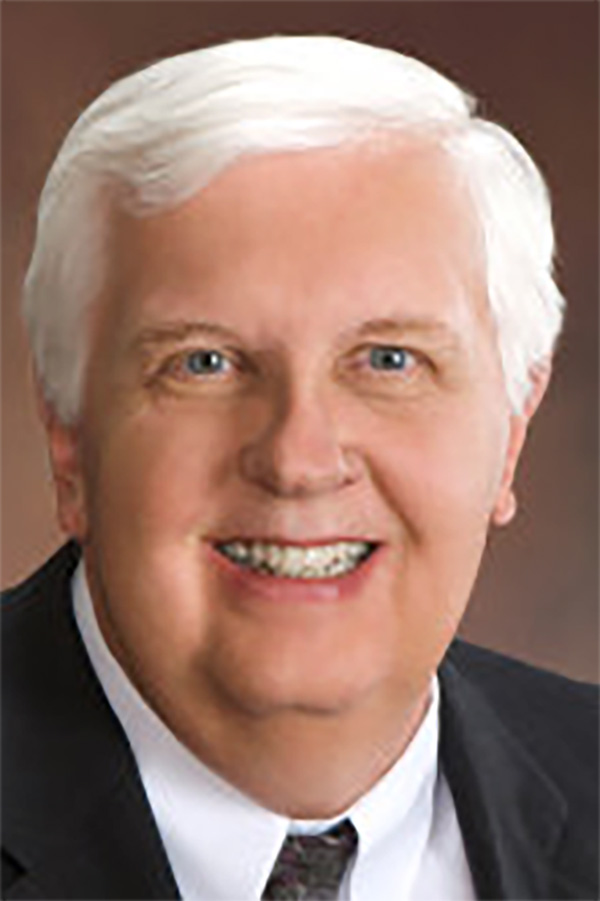By Bob Buckley
Who doesn’t love a good story? From the time that we learn to speak and think we begin listening to stories. For many of us, our introduction to the world was through the stories our mothers or fathers read to us as young children. We were then exposed to the fantastical stories from cartoons and picture books, and from creators such as the great Walt Disney.
It is the stories in our lives that connect us. I recently began thinking about this while watching a movie that did not capture my attention. My mind began wandering and I realized that the stories I have heard from my clients through the past 38 years have connected me to my clients and have helped shape me to be the person I am today.
When I was in law school, I never thought I’d be a trial lawyer. I was fascinated with government and politics and thought that at some point I would run for office or work in the legal field in government. I represented the city of Sugar Creek for 35 years which fed my ambition, but it did not define me. Instead, it was the stories that my clients shared with me. Many times, I became part of the story as I guided, counseled and cajoled my clients through whatever plight that led them to my office.
They sometimes call lawyers counselors and while I have no training in psychology, there are many times I am called on to counsel my clients. And since I am a man of faith, I also have the privilege on occasion to pray for my clients.
One of the great experiences of my career took place on a Friday night 25 years ago in Harrisonville while meeting with my client who had lost her son because of a doctor’s neglect. The surgeon did not timely diagnose a ruptured spleen and the young man bled to death. My client was a strong woman of faith and while her husband was pushing her to seek justice for the death of her son, she was uncertain.
Finally, after talking to her pastor, she asked for a meeting with me in her home with her pastor. I did not know what to expect. I wondered if I was going to be quizzed about my own faith, which I was prepared to pass.
I recall two things about our meeting. First, she wanted assurance from me that we would not settle the case and would take the case to trial. She wanted the world to know what had happened to her son at one of the top hospitals in Kansas City and a settlement would bury the story in a legal document. I assured her that she was the master and I was the servant and we would go to trial if she wanted.
The second part of the meeting was a time of prayer, led by the pastor. My client had obviously prayed at length about the issue and I was truly privileged to represent her knowing that she only proceeded after bringing her issue before the Lord.
We did settle the case after mediation. It was a long day spent with the mediator in a conference room overlooking the Country Club Plaza. It was a very emotional day that began in anger and ended in tears as the mediator finally told my client that it was time to bring the matter to a close as it was bringing so much pain and grief to her. The tears were plentiful among us all.
I reflect back on that case from long ago and think about the connection I had to my client. It was never about the money to her and while I hear that frequently, in this case the client showed us she meant it by building and dedicating a baseball field behind her church in memory of her son.
My legal career has been full of stories. They all begin with some kind of tragedy or catastrophic event. Some begin with a motor vehicle collision, or in a hospital operating room, a doctor’s office, or a hospital room. The stories unfold as I begin my journey with the client and while my goal is always to turn something bad into something good, I don’t always succeed and “good” is always relative. How can good come from a death of a child or a spouse? Lawyers talk about good cases like they are some fungible commodity when in fact no case is good.
Yet the stories are told and they connect us. The stories in my life have shaped me in marvelous ways. The stories help us to understand who we are and at the same time shape our futures.
There are some universal truths about these stories. First, many events in our lives are beyond our control. Bad things happen to good people. Secondly, we do have control over how our story unfolds regardless of what has happened in our past. Our past does not have to control us. Finally, we should share our stories and give voices to our story. All of our stories end essentially in the same way.
How we get to the end of the story is up to us.
A Missouri Association of Trial Attorneys member for nearly 30 years, Bob Buckley is a devoted medical malpractice and catastrophic injury attorney. He strongly believes medical negligence litigation has a positive impact on improving healthcare in America and spends an extensive amount of time educating himself on medical issues to better serve his clients. He practices law at the Independence firm of White, Graham, Buckley & Carr.





